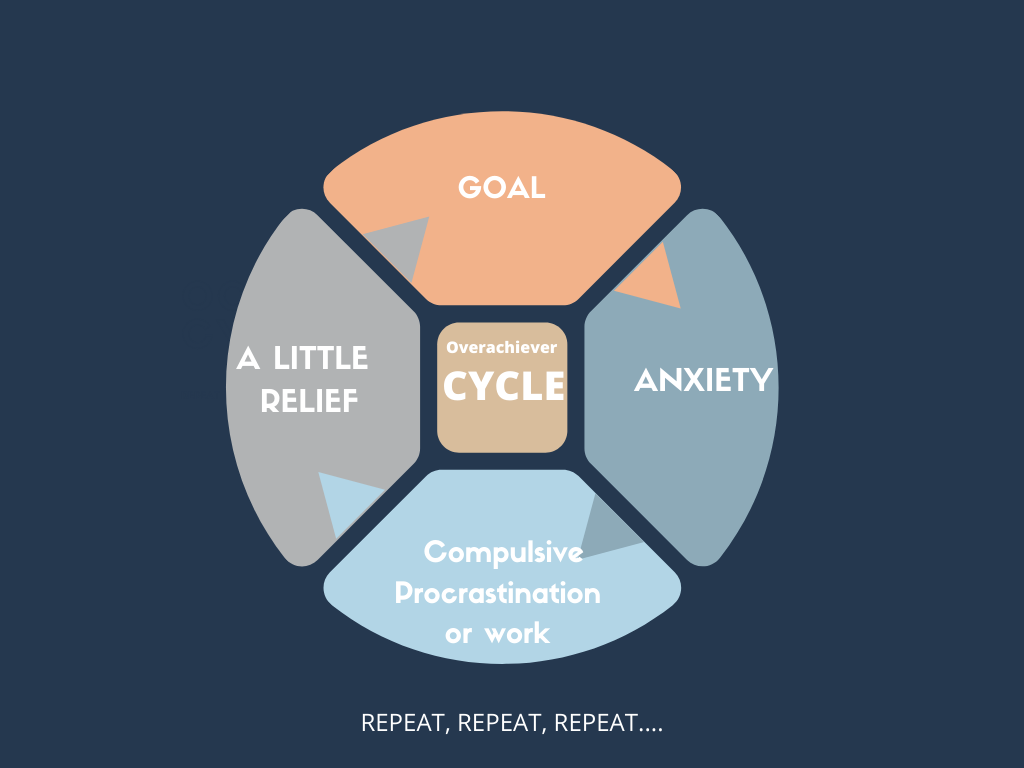Lean into It!
It’s been a long time since I’ve had an adventure. I’ve been consumed by the day-to-day demands of relationships, work, and family-trying to fit in...
3 min read
KD HOLMES, LPC, EMDR CERTIFIED, BTTI TRAINED
:
Oct 31, 2022 4:31:44 PM

Many people are curious what is counseling? I begin by trying to understand someone’s struggles, I often come back to one question: What is it like to be you? What is it like to grow up with your experiences, to live in your brain, and to navigate the world in your own way? For better or worse, we are shaped by our genetics, our environments, and how we learn to cope with both-and understanding that story is central to self identity mental health.
The way I unpack and categorize an individuals' struggles rests on the foundation of attunement. Attunement is a process that therapists, mother's, and humans do in relationships. It allows us to "know" what other's want and need with out using words, while at the same time knowing our own wants and needs, and at the same time sensing the environment. This nonverbal understanding is innate in some humans, and other's have to learn.
I attune to my clients experience, reports, nonverbal cues, while at the same time holding awareness of my own needs, feelings, and body sensations. I do this to know what it's like to be them. What it's like to live in their body, in their world, with their history, and ultimately their struggles. I do this to connect with people so they feel heard and understood on a deep level.
Mother's attune to their babies by knowing if their cry is an indication of hunger, diaper change, or sleep. This explanation fits well for what therapists do. We attune to build trust, to know what the client is struggling with, and to know how to move them through their diagnosis.
Attuning does not mean you like the treatment or the diagnosis, it doesn't mean giving you what you want.
It is not built upon like for the process, it is based on what is best for what you are struggling with according to (scientific data). But it is helpful to know if you don't like what I am saying because we can process it, not to change paths but to work through barriers. These attunement dances produce great results. It allows clients to process fears, resistance, concerns in a safe place.
Change is scary and fickle when it comes to mental health that has been persistent for years.
Providing a "safe place" to help clients name what they are experiencing
Active listening (including checking in with what I am observing)
Reading nonverbal social cues from the clients, and body movements to track the person's experience
Therapuetic processes provide the information to name what I am observing and know how to help clients
Knowing how our brains function and how biology affects our mental health
Experience helps hone this skill / natural gift
With years of experience and training, I have learned to hold my internal and external boundaries in my office. I am aware of my own feelings that arise. When I was a new therapist clients feelings of disapproval with treatment tormented me, I thought I had to give them what they wanted. I do not. I now give them what they need, not from my mind but from science.
I have learned just because it's not what you want to hear does not mean it is wrong. Therapists are trained to be warm, empathetic, and understanding, but when we do this we are in the suffering boat with the client. We are not at the helm showing the way out. This is dangerous when people are suicidal, and self harming. It is also just bad therapy when dealing with chronic mental health issues. In this current age, there are evidence based protocols for mental health issues. So as therapists it is our responsibility to learn these protocols through trainings, consultations, and lots of practice. We do this for the mental health of our clients.
It's essential that I have done and continue to do my own work. It is difficult to see someone severely depressed and not feel moved by their suffering. When I attune I feel what they feel, so healing my own issues allows me to not fall into the abyss of despair. Sensing another's deep suffering while holding the path again and again is hard. It's not that I am cold but I know if I do not push you, you will never get better, being warm and understanding builds trust to unpack the barriers but it does not move you through the finish line. It just mirrors where you are at. Sometimes showing the mirror is powerful with creating change. Other times is just creates a warmth of understanding. I like a mix of showing consequences and creating an expectation based on behaviors that assist in improving mental health. Then I hold it repeatedly, while using attunement through the whole process.
Identify what diagnoses we want to treat
Find the best treatment with the best outcomes for those diagnoses
Attend consultation groups regularly
Practice with clients, and listen to their complaints, their understanding, and help problem solve through it
That is attunement that teaches us how to serve our clients!
Has anyone ever stepped inside of you while also shinning a light on the way out?
It’s been a long time since I’ve had an adventure. I’ve been consumed by the day-to-day demands of relationships, work, and family-trying to fit in...

Therapy is not one-size-fits-all. Finding a therapist is more nuanced than selecting someone from a list. It’s a deeply personal decision that...

One of the core pillars of my therapeutic approach centers on adults who are caught in cycles of anxiety and depression driven by achievement...